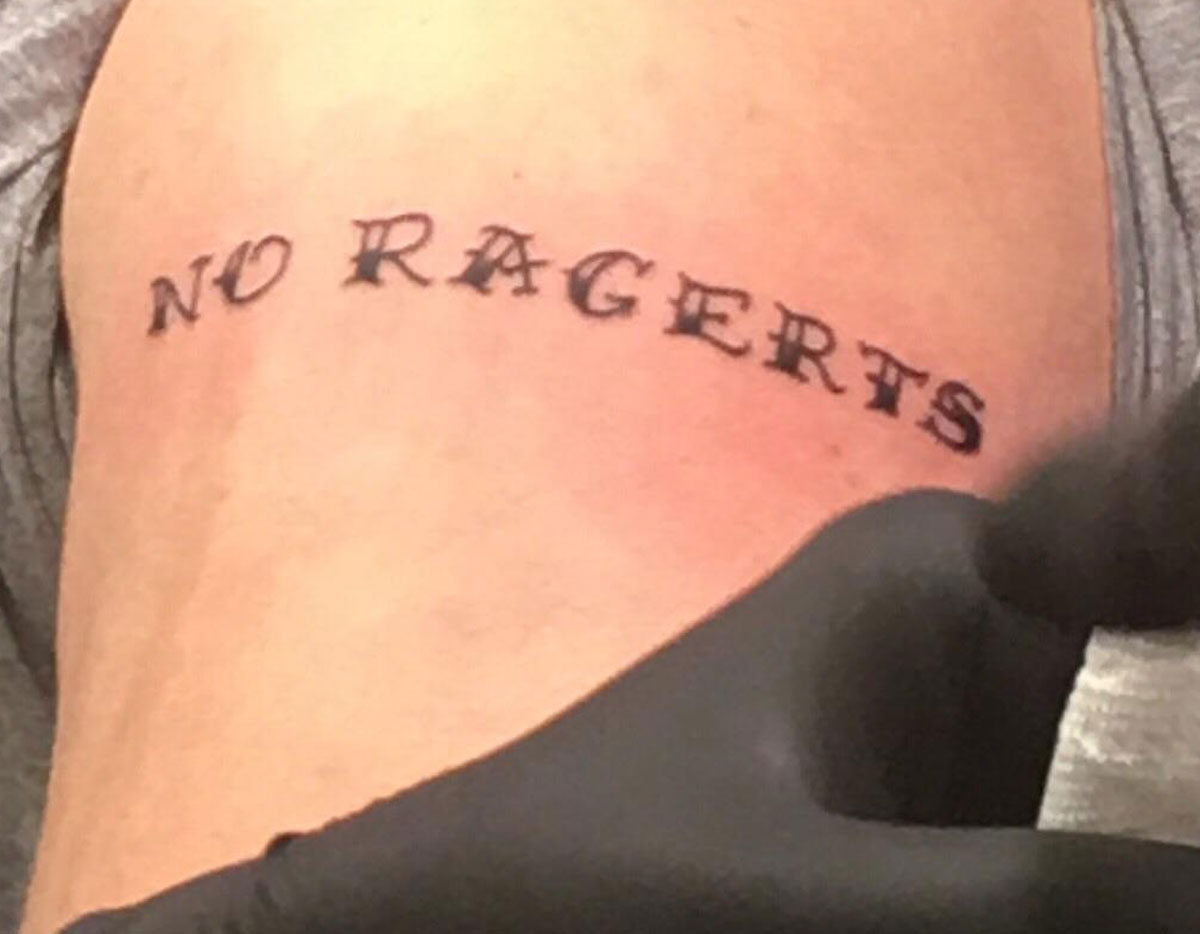Things to consider before getting Tattoos or Piercings – Could You Be Allergic?

Piercing is a current fad today, and while it is easier to reverse than a tattoo, it is still a potentially dangerous practice. One potential side effect seen is metal allergies. The metals used for piercing jewelry vary, but often contain nickel, chrome, and cobalt, which are common allergens. The symptoms of a metal allergy include redness, swelling, and blistering. If you have any of these symptoms, even if you only pierced your ear, see a dermatologist.
Metal isn’t the only common allergen. The bath and hygiene products both men and women use contain substances that could be allergens. Make-up, soap, shampoo, cologne, perfume, sunscreen, and body lotion are some of the items that may cause an allergic reaction. Symptoms vary but can include redness, itching, swelling, and blistering. If you have any of these symptoms, see a dermatologist who can help you determine the cause and treatment.
Natural rubber latex allergies are a third relatively common condition. The causes of these allergies include adhesive bandages, disposable rubber gloves, balloons, water toys, and plastic bags.
Before spending considerable amounts of money on piercing procedures along with money you might spend on expensive studs, chains, hoops or pins, you may want to get some allergy testing done to see if your body has an allergic reaction to the type of jewelry you might be placing inside any piercings. Ask your dermatologist about common metal allergies. Also ask about whether you would be a good candidate for contact allergy testing. If you are planning to have any implant surgery for a broken bone or for some cosmetic reason, you might discuss allergy issues with both your surgeon and your dermatologist. Anytime you put a foreign object inside your body, your body may have an allergic reaction to such a foreign object.
Tattoos: Fad or Forever
Tattoos have never been more popular. Twenty years ago, there were about 300 tattoo parlors in the U.S.; today there are about 4,000. Tattooing can be a dangerous practice because it involves injecting the skin with a needle, and some very serious diseases are spread through a shared needle. Because tattooing is not regulated, there is no way to check the safety of the equipment. Tattooing is a fad, but unlike other fads, it is permanent. Sooner or later, many people with tattoos change their minds. Dermatologists can usually remove tattoos by laser surgery, but it can be an expensive and time-consuming process.
If you are thinking about a tattoo, realize that your body may also have an allergic reaction to a particular ink or dye. If you know that you have a contact allergy to a specific chemical, you will want to make sure any pigment your body is hosting in a tattoo does not contain a substance you may allergically react to strongly.
Your skin not only protects your body, but it acts as a window to your health. So be “Skin Smart:” take care of your skin, avoid potentially harmful situations, learn to recognize possible problems, and visit a dermatologist. Learn more by visiting the American Academy of Dermatology website at www.aad.org and feel free to ask questions of your dermatology provider in our office.







